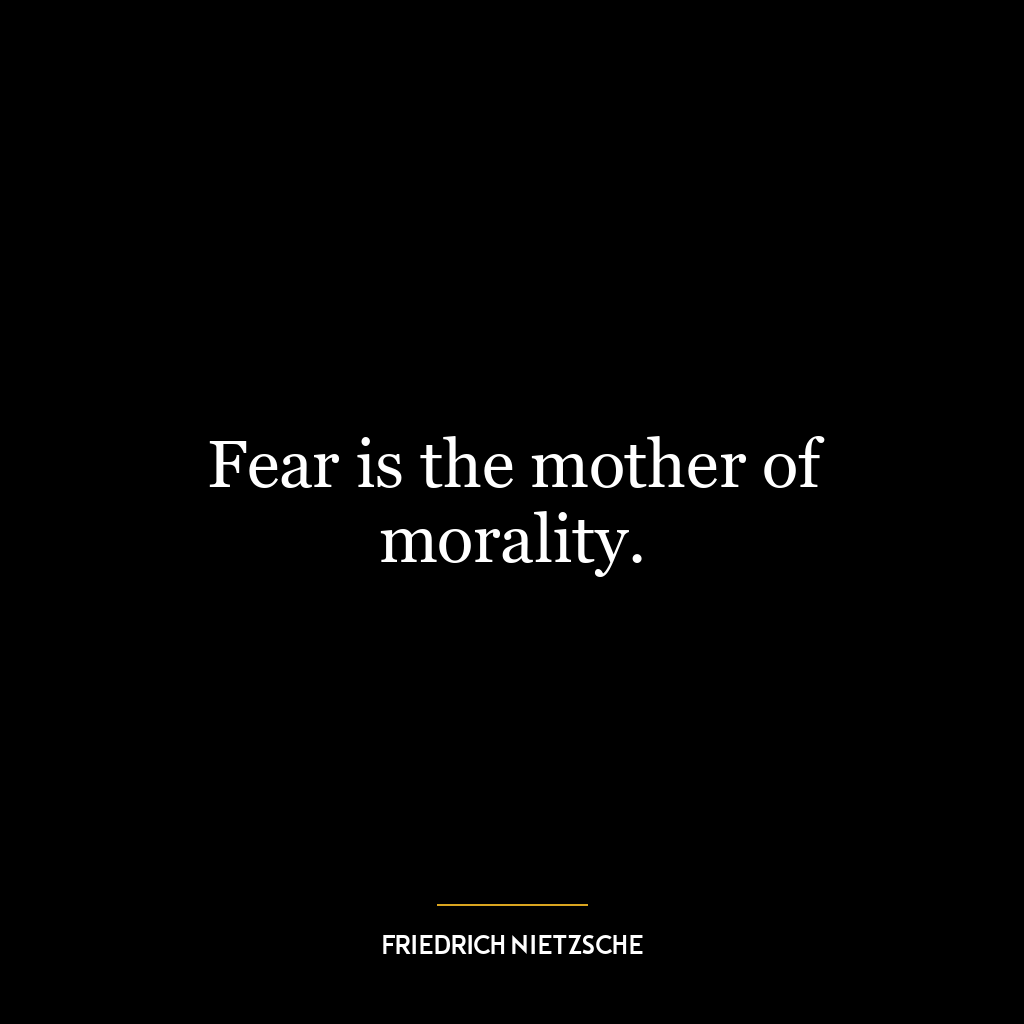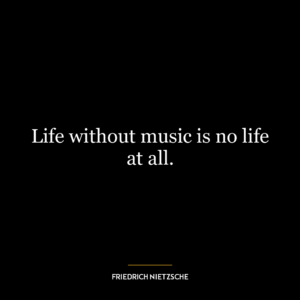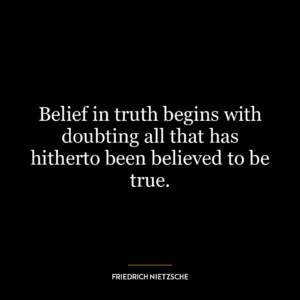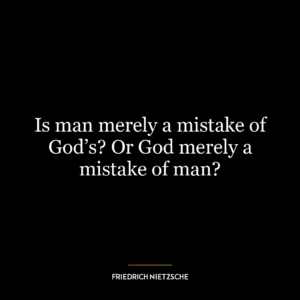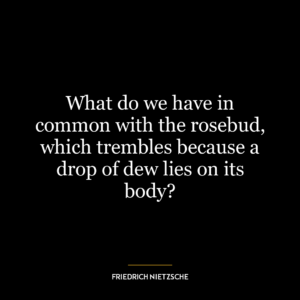Fear is the mother of morality.
“Fear is the mother of morality” is a philosophical perspective that suggests that our moral codes and societal norms are often born out of fear. Essentially, it’s the fear of consequences, punishment, or societal backlash that often guides our behavior and molds our understanding of right and wrong. In other words, morality, as we know it, might not exist if there was no fear attached to the consequences of our actions.
This quote can be interpreted on multiple levels. On a personal level, it could mean that our personal moral compass is shaped by our fears. For example, if we fear the consequences of lying, such as losing someone’s trust or respect, we’re more likely to value honesty. On a societal level, laws and regulations – which are a form of enforced morality – are often put in place because of the fear of chaos or disorder.
Applying this concept to today’s world, we can see how fear drives many societal norms and laws. For instance, laws against theft or violence are in place because we fear the chaos that would ensue without them. On a more personal development level, understanding this concept can help us recognize our own fears and how they shape our behavior and moral compass. It can lead to self-reflection about whether our actions are genuinely based on our understanding of right and wrong, or if they are simply responses to our fears.
In the realm of personal growth, recognizing the role of fear in shaping our morality can be a powerful tool. It can encourage us to question and reassess our values and beliefs, and to differentiate between what we truly believe is right, and what we have been conditioned to believe out of fear. This can lead to a more authentic, self-determined moral compass, rather than one shaped primarily by external influences.

